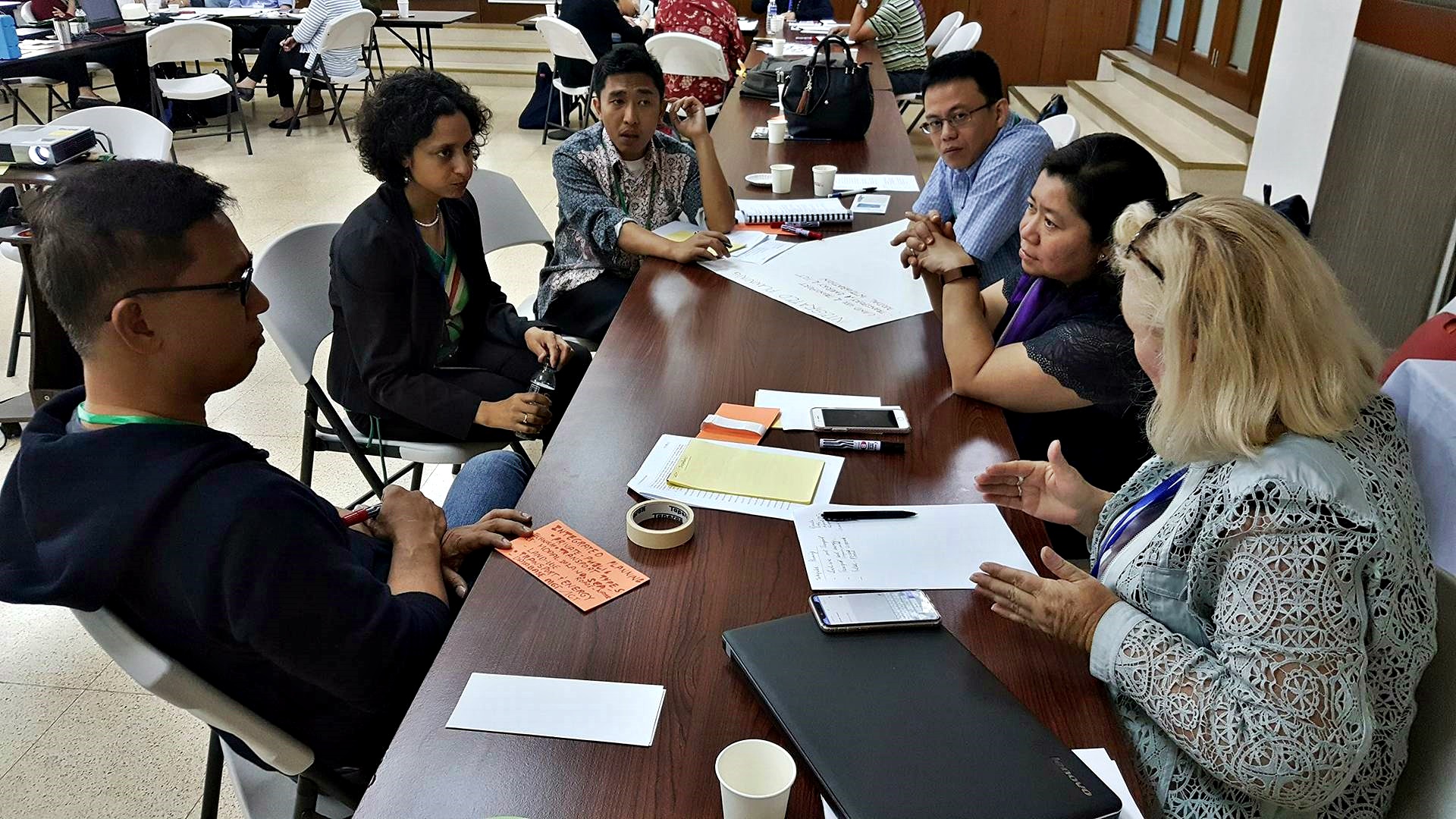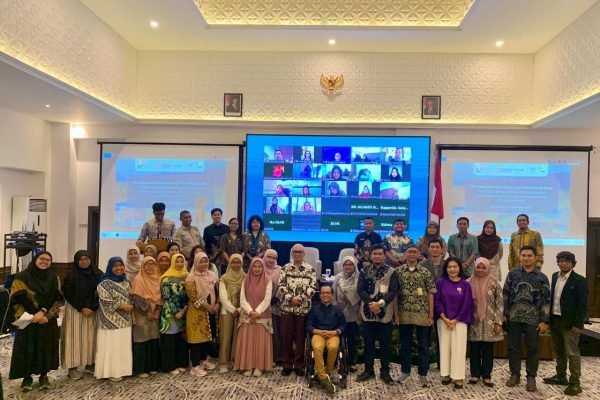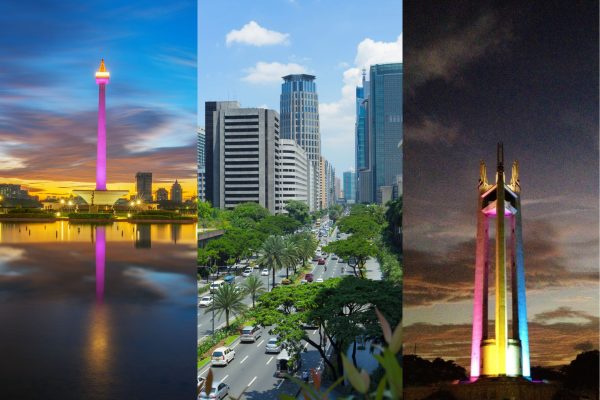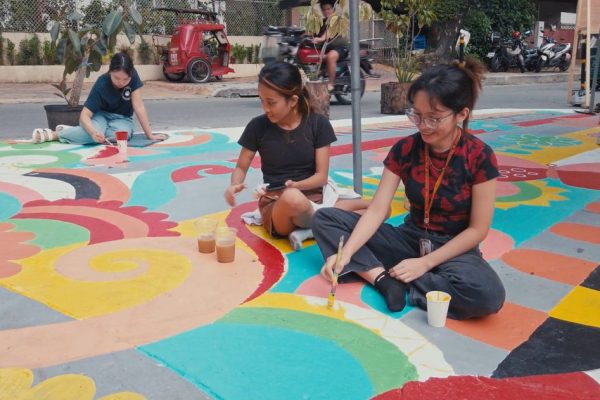Quezon City, Philippines: A two-day regional stakeholder workshop on “Sustainable urban logistics in Southeast Asia” was hosted by ICLEI Southeast Asia, in partnership with the nexus Institute, on February 22-23, at the Manila Observatory, Ateneo de Manila University. The event brought together relevant stakeholders from Southeast Asia (SEA) and Europe to discuss the most pressing challenges in urban logistics and explore pathways towards sustainable urban logistics. The workshop is part of the joint research project “U_LOG – Sustainable urban logistics” funded by the German Ministry of Education and Research.
In attendance were representatives from the City Governments Santa Rosa and General Santos of the Philippines and Makassar and Medan from Indonesia, logistics providers organizations, private companies from the Philippines and Germany, relevant national agencies, development partners, and the academe.
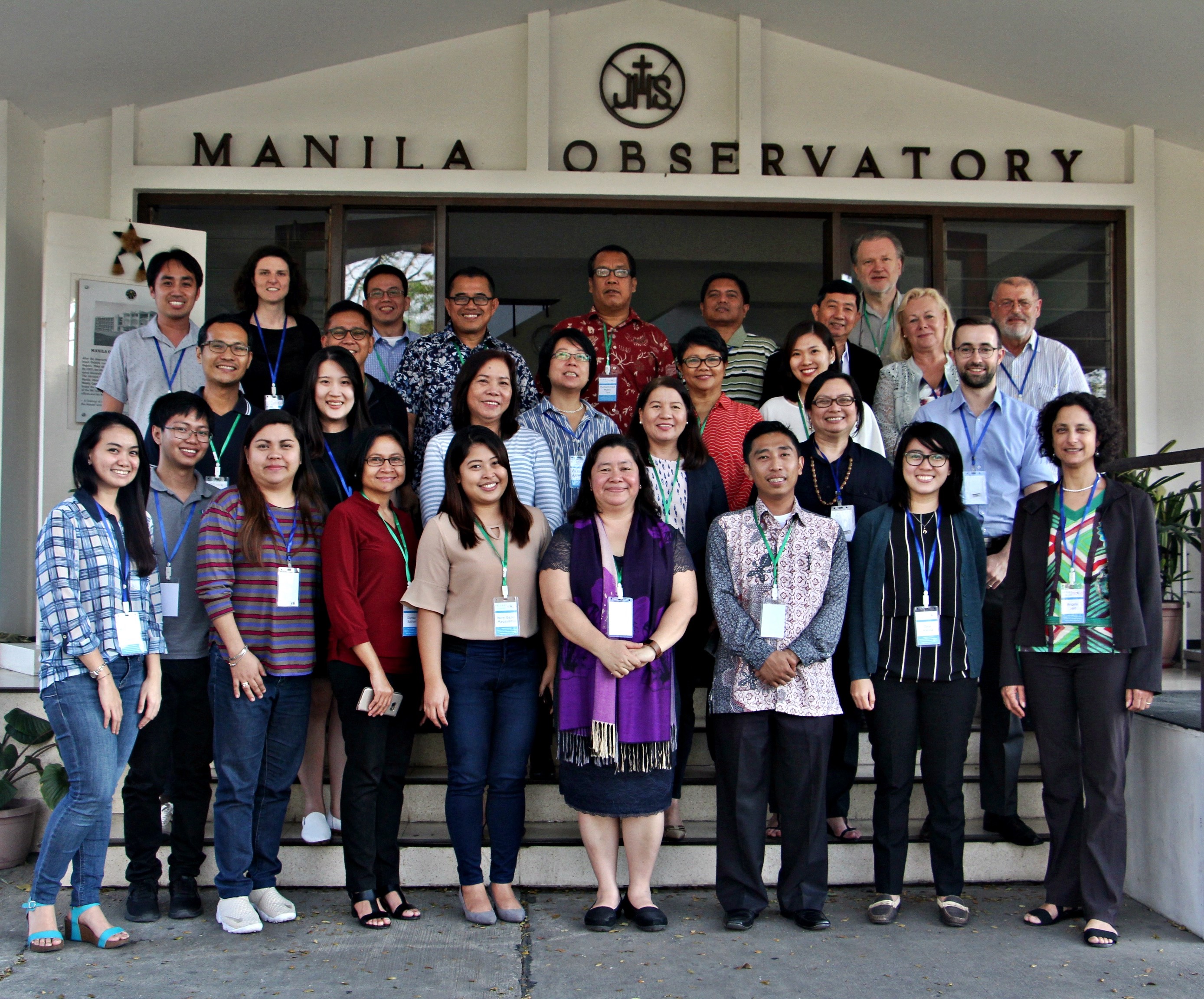
Officials from Philippine and Indonesian cities, logistics providers organizations, private companies from the Philippines and Germany, relevant national agencies, development partners, and the academe participated in the two-day regional stakeholder workshop on sustainable urban logistics.
To facilitate the workshop discussions, a rapid assessment of urban logistics in the region with a focus on the SEA region was prepared. Based on the findings, six theses were presented regarding different aspects of urban logistics; from the last mile problem, economic benefits vs. environmental protection, development of sustainable policies, the focus on the city or the region, vertical integration of policies, and north-to-south knowledge exchange of best practices. Participants were then asked to provide comments and insights on each of the theses.
The breakout sessions focused on the themes of long-term goals; stakeholder dialogues; integrated planning; and pilot experimentation. The overall vision for the logistics sector is to have an integrated system of moving goods and people within and between cities where the national government puts in place the necessary policies, invests in quality infrastructure, and explores and replicates best practices from local and foreign sources.
Engagement with the private sector as they are the primary implementers of logistics activities and, thus, will be the most impacted by these plans and activities. Non-government organizations, civil society organizations, and the academe should also be involved to provide capacity building and information dissemination to further support sustainable urban logistics.
Integrated planning for urban logistics should be mainstreamed into local government’s land use and transportation plans, making sure to hold public stakeholder consultations at each step of the process of crafting these plans. Possible pilot project experimentation includes data-driven approaches like traffic modeling and route rationalization of the logistics sector. On framing sustainable urban logistics policies, there is a need to identify a national government agency to take the lead in formulating policies and regulating best practices from individual cities that can possibly be scaled up to other localities.
Outputs of the workshop will feed into a joint project proposal in response to the call “Sustainable development of urban regions” by the German Federal Ministry of Education and Research, which aims to develop and test locally-adapted strategies for the sustainable development of urban regions in Southeast Asia.

